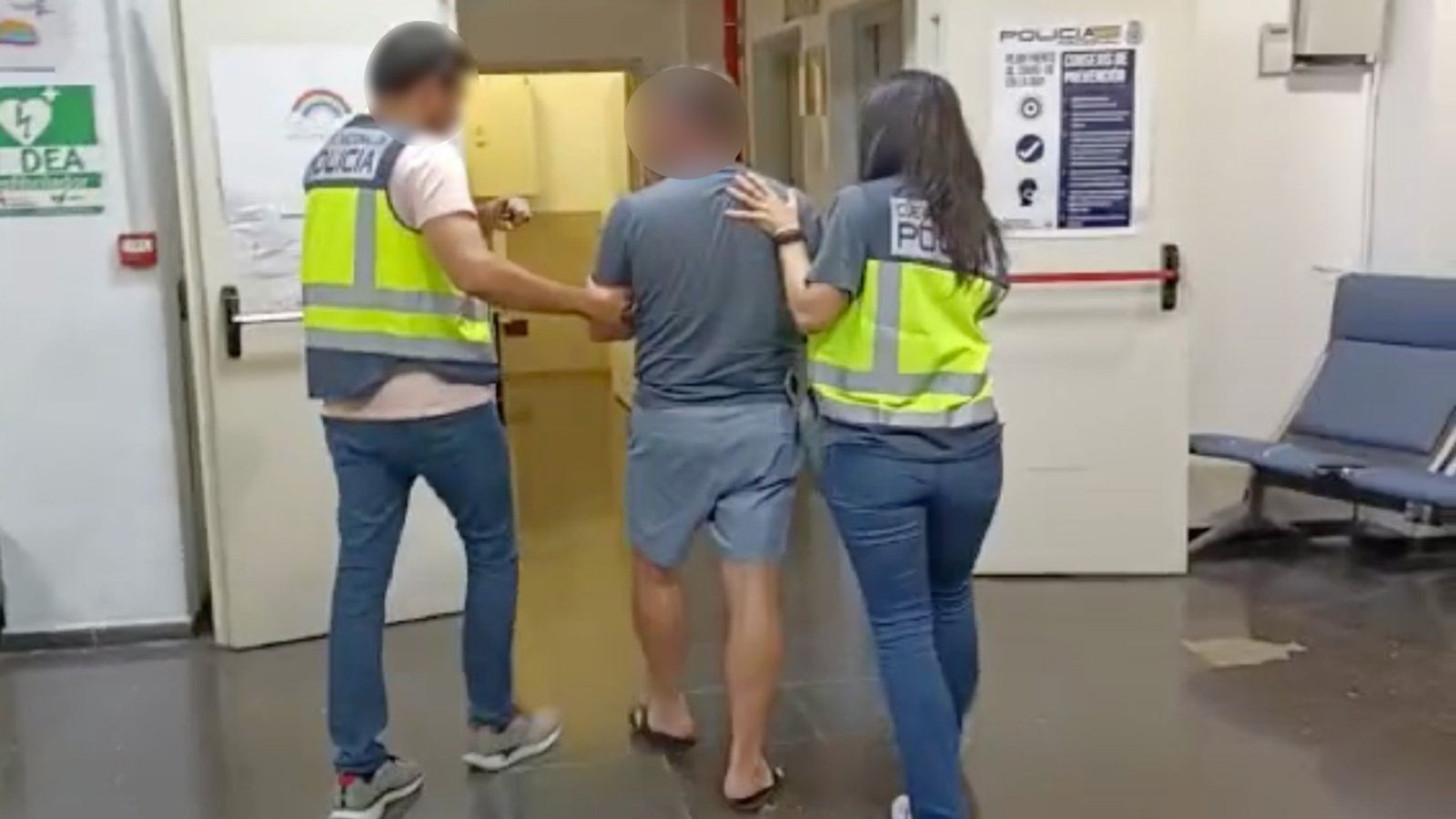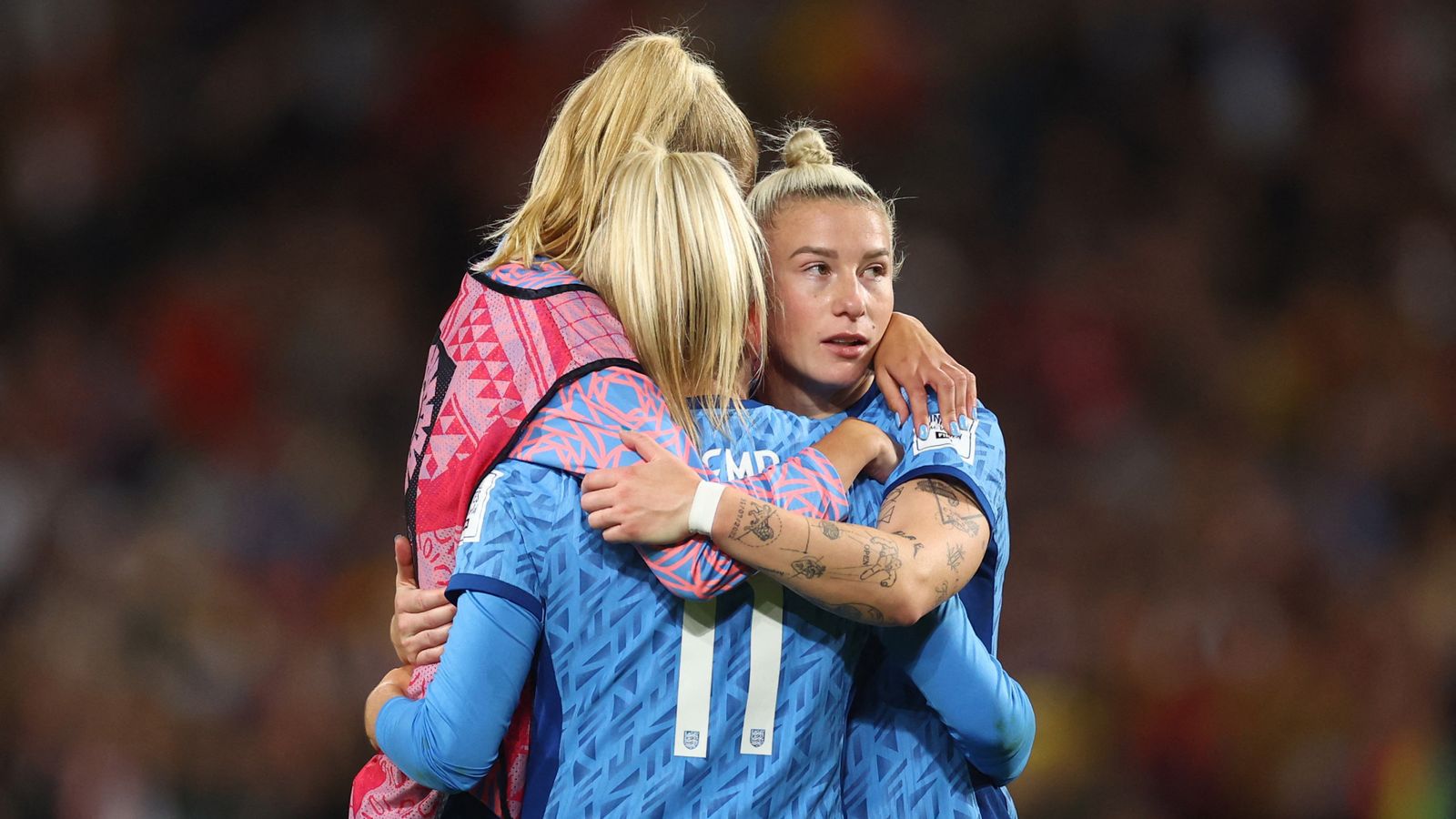Liam Byrne: ‘Senior member’ of Kinahan crime group arrested while eating at Spanish restaurant, says NCA

A suspected senior member of the Kinahan cartel has been arrested while eating at a restaurant in Spain.
Liam Byrne, from Dublin, is thought to be one of the most trusted members of the Irish organised crime group.
He was detained on Sunday evening in the Alcudia area of Mallorca as he dined with family members.
The 42-year-old had flown to Palma Airport from Dubai on 26 May, and was held on a UK extradition warrant.
His brother David was shot dead at the Regency Hotel in Dublin seven years ago.
Byrne is the second suspected Kinahan member to be arrested in recent days.
Jack Kavanagh, 22, from Staffordshire, was held by officers from the Spanish National Police on 30 May at Malaga Airport while transiting from Dubai to Turkey.
The pair had been wanted by the National Crime Agency (NCA) on suspicion of firearms offences.
The arrests came after an NCA intelligence-led investigation, which was supported by the Spanish National Police and Irish officers.
Advertisement
Trade and Co-operation Agreement (TACA) warrants were obtained by the NCA after EncroChat messages showed the suspects were allegedly involved in the supply and acquisition of firearms.
The pair remain in custody as extradition proceedings are under way.
‘No place to hide’
Kay Mellor, from the National Crime Agency, said: “This investigation is part of the NCA’s ongoing work targeting the Kinahan crime group.
“Liam Byrne and Jack Kavanagh have been evading justice for a number of years, but have now been arrested in relation to serious firearms offences.
“We have an excellent relationship with the Spanish National Police and will continue to work closely with our international partners to ensure those who think they can stay under the radar have no place to hide.”
Read more:
Who is Daniel Kinahan? The alleged Irish crime boss wanted by US authorities
It comes after the US government announced a $5m (£3.8m) reward for information leading to the arrest or conviction of the leaders of the Kinahan cartel back in April 2022.
The dramatic intervention was seen as a major blow to the criminal gang, whose drug and firearms trafficking grew out of Dublin’s streets to span countries around the world.

